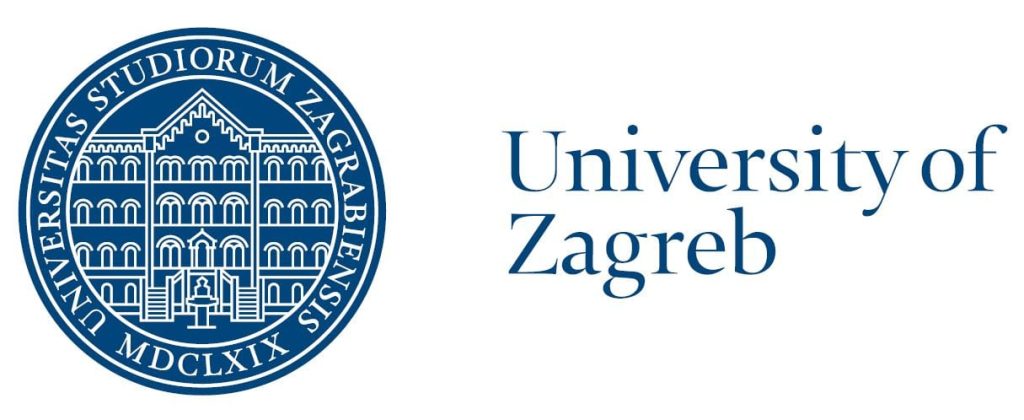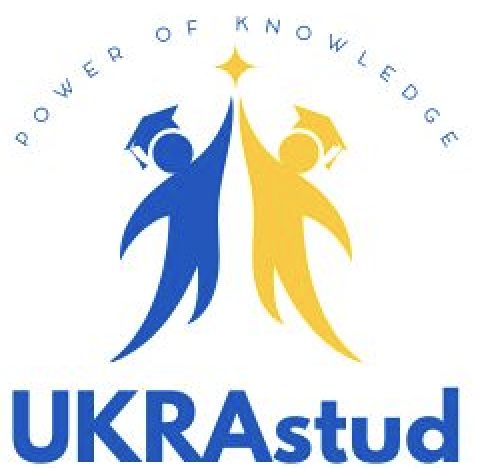Perceptions of inclusion, well-being and identification with
the European Union in Ukrainian university students
UkraStud
2024-1-IT02-KA220-HED-000253039
about the project
Project results
Video course
Aimed at increasing the skills of university tutors in supporting Ukrainian students’ academic performance, emotional well-being, and social integration.
Research report
Quantitative data analysis from 300+ Ukrainian students, about their perceptions of inclusion, well-being, and EU identification.
Guidelines
Recommendations for universities to ensure the successful inclusion of Ukrainian students across Europe.
about the project
What is the project about?
UkraStud – Perceptions of Inclusion, Well-being and Identification with the European Union in Ukrainian University Students is an Erasmus+ project with the objective of promoting the academic and social inclusion of Ukrainian students in European higher education. Coordinated by the University of Padua and involving partners from Turkey, Romania, Ukraine, Croatia, and Italy, the project develops a shared model of inclusion, trains academic tutors, and creates practical guidelines.
Define a model for the inclusion of Ukrainian students in European universities.
Enhance the competences of university tutors and academic staff in promoting inclusion and well-being of Ukrainian students.
Develop and adopt common guidelines and protocols for integrating Ukrainian students into higher education systems.
About the project
Project partners
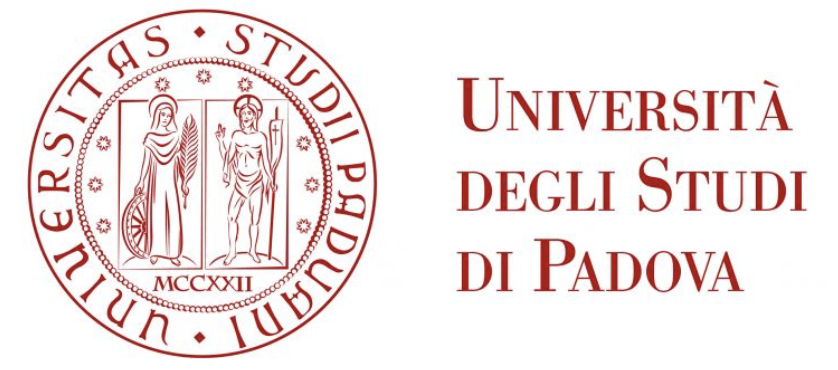
University of Padova (ITA)

University of Istanbul – Cerrahpasa (TR)

University of Suceava Stefan cel Mare (RO)
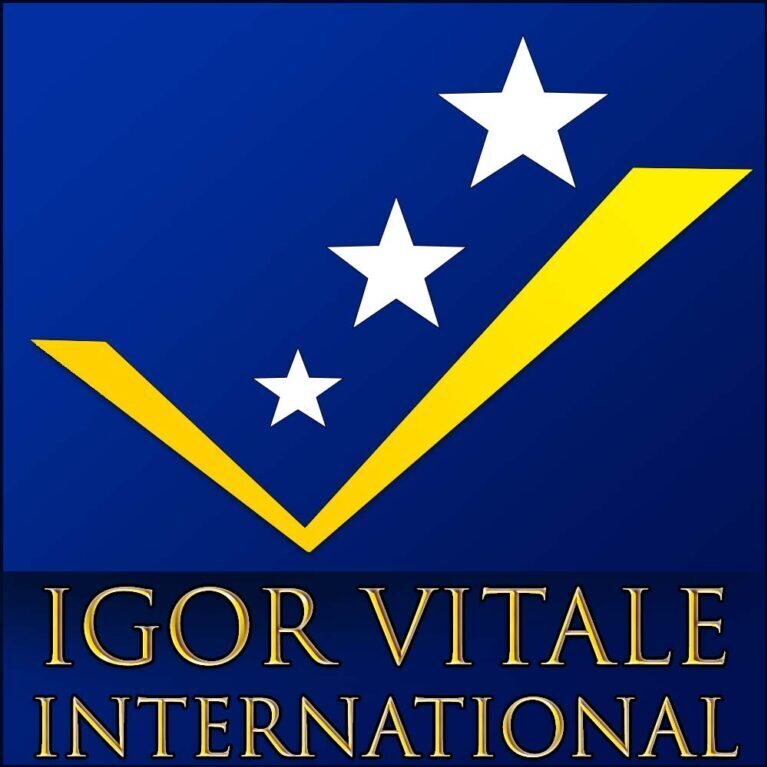
Igor Vitale International s.r.l. (ITA)
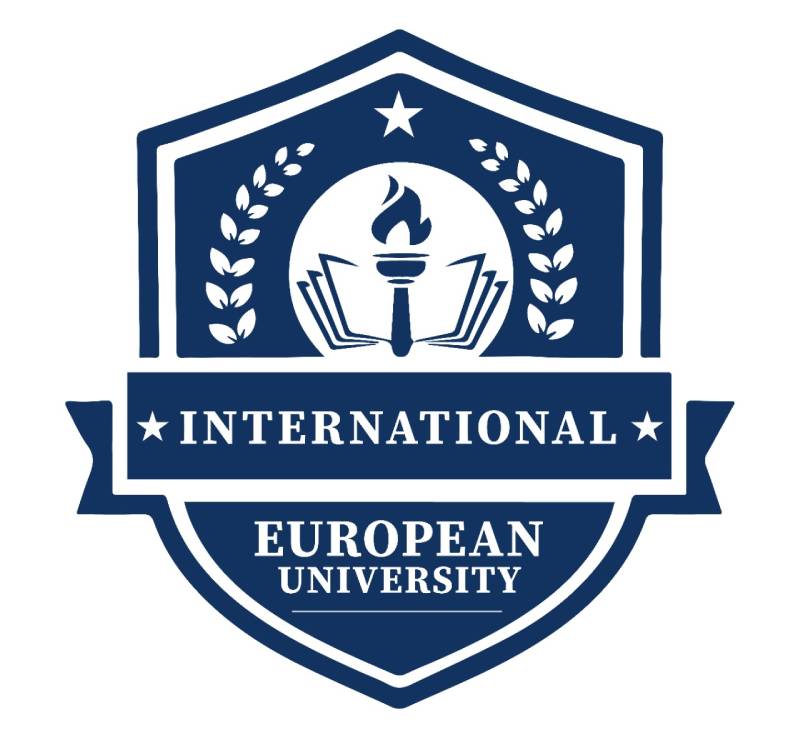
International European University (UKR)
